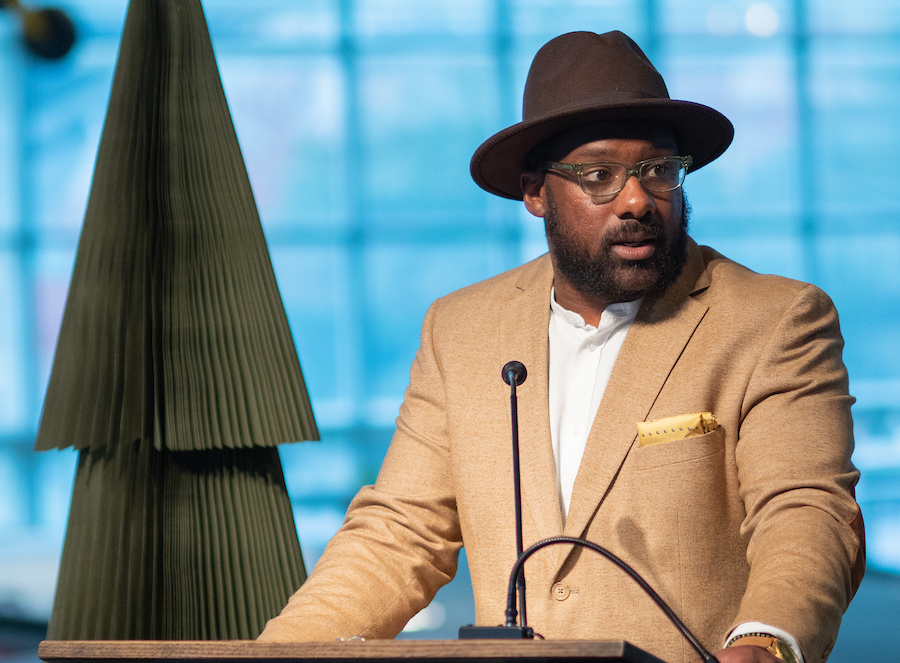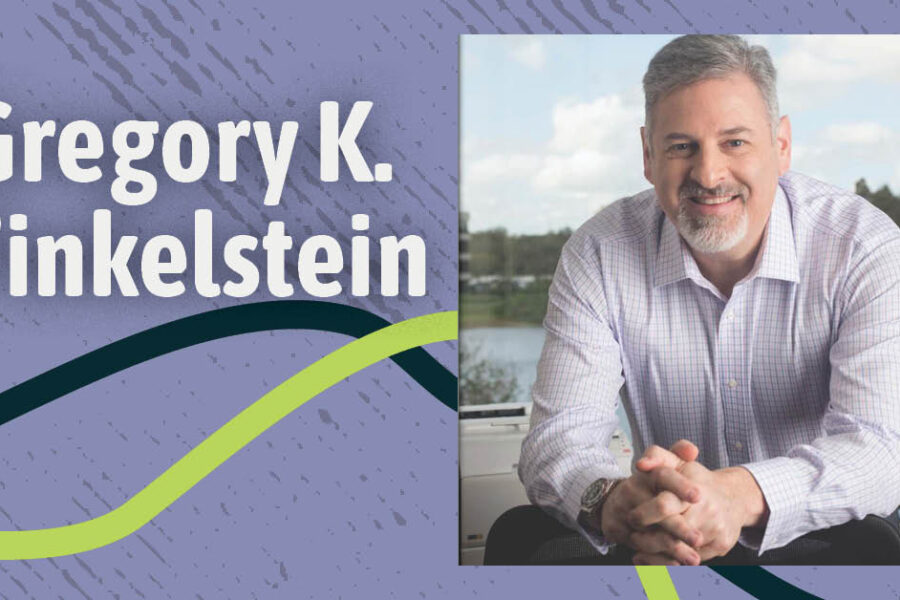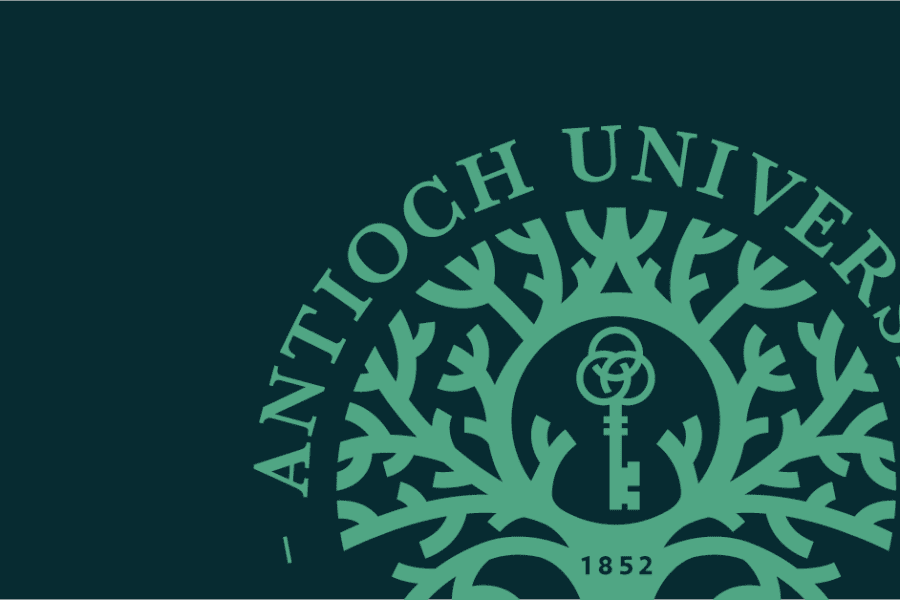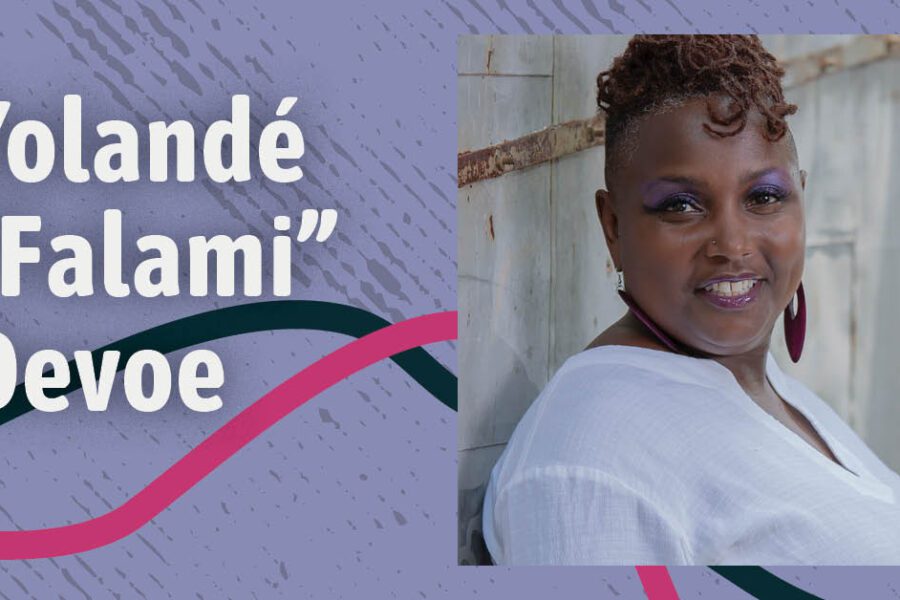From Antioch University Seattle’s MA in Education with Urban Environmental Education (UEE) Program’s Alumni Journal.
I’m currently the Partnerships Manager for Tiny Trees Preschool in Seattle, WA. My work is a mix of two passions: Early Childhood Education and the Environment. I just finished my graduate degree in Urban Environmental Education at Antioch University. My MAEd thesis had everything to do with my work at Tiny Trees. The title of my Legacy research project was “Decolonizing the Outdoors for Families of Color.” It is a popular subject lately, so I’ve given presentations about the findings in several places.
People in the outdoor fields are beginning to understand that narratives around what qualifies as the outdoors and who gets to access it, and stereotypes about people of color (POC) outdoors have all contributed to the colonization of our outdoor spaces. My work gives me a chance to provide opportunities for young children and their families, especially those of ‘color’, to engage with nature in ways that are meaningful to them.
We were able to secure a large grant entitled, Decolonizing the Outdoors, funded by King County’s Best Starts for Kids. With this funding, we have finally been able to hire staff and implement new programming specifically focused on creating opportunities for families of color, families with limited financial resources, and refugee and immigrant families to engage with nature.
I just started a doctoral program in Education at Antioch University. My work in the UEE Participatory Action Research course prepared me for the work of my current dissertation. I’ve used much of my literature review from the Legacy project to ground the new research. The new research provides a deeper look at the relationship between environmental justice and racism. Everything that has to do with the decisions about the world that we inhabit…how we build, where we centralize people, how food is distributed…all contribute to racism.
First, I have to lay a foundation for the existence of racism and describe systemic racism in this country and come up with sustainable and ethical solutions that are equitable and anti-racist.





